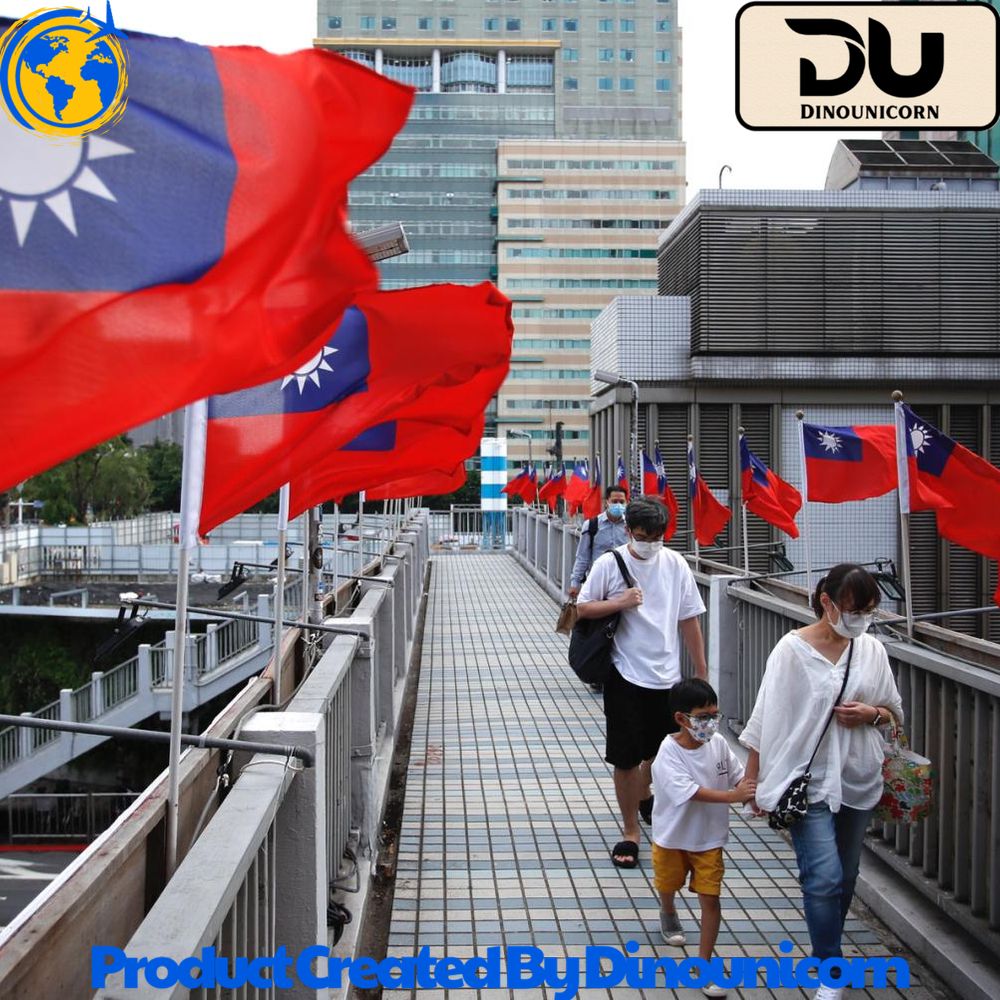Blog
What Language Do They Speak in Taiwan?
What Language Do They Speak in Taiwan?
Introduction to Languages Spoken in Taiwan
Taiwan, a beautiful island in East Asia, boasts a rich cultural heritage and linguistic diversity. The language spoken in Taiwan is a reflection of the island’s history, its international relations, and the diversity of its people. If you’re curious about what language do they speak in Taiwan, it’s important to understand that Taiwan’s linguistic landscape is multifaceted, including Mandarin Chinese, Taiwanese Hokkien, Formosan languages, and a variety of other minority languages. This guide explores these languages, their significance, and how they shape the culture and society of Taiwan.
User Search Intent: Many users searching for “What language do they speak in Taiwan?” seek to understand the primary languages spoken, the linguistic diversity within the country, and the implications of language use in Taiwan’s social and cultural context. This article is designed to meet those needs by providing comprehensive information on the subject.
The Official Language of Taiwan
Mandarin Chinese: The Official Language of Taiwan
Mandarin Chinese is the official language of Taiwan, used in government, education, media, and business. Mandarin, known locally as Taiwanese Mandarin, is based on the same linguistic system as Mandarin spoken in Mainland China but differs in several ways, including vocabulary, pronunciation, and usage of traditional Chinese characters. This variation has made Taiwanese Mandarin distinct from the simplified Chinese characters used in Mainland China.
According to Wikipedia on Taiwanese Mandarin, the Taiwanese version of Mandarin was standardized in the 20th century, and while its grammar and phonology are similar to that of mainland Mandarin, it retains certain unique features that reflect Taiwan’s distinct identity.
The Role of Mandarin in Education and Society
Mandarin serves as the medium of instruction in Taiwan’s education system, and nearly everyone in Taiwan speaks Mandarin fluently. It is the primary language used for official government communication, media broadcasts, and public signage. Mandarin’s dominance in education and government makes it the most widely spoken language in Taiwan, facilitating communication across the island’s diverse linguistic communities.
Taiwan’s multilingual society doesn’t rely solely on Mandarin, however. While Mandarin is the common language of communication, there are many regions of Taiwan where other languages are more widely spoken, including Taiwanese Hokkien and Formosan languages.
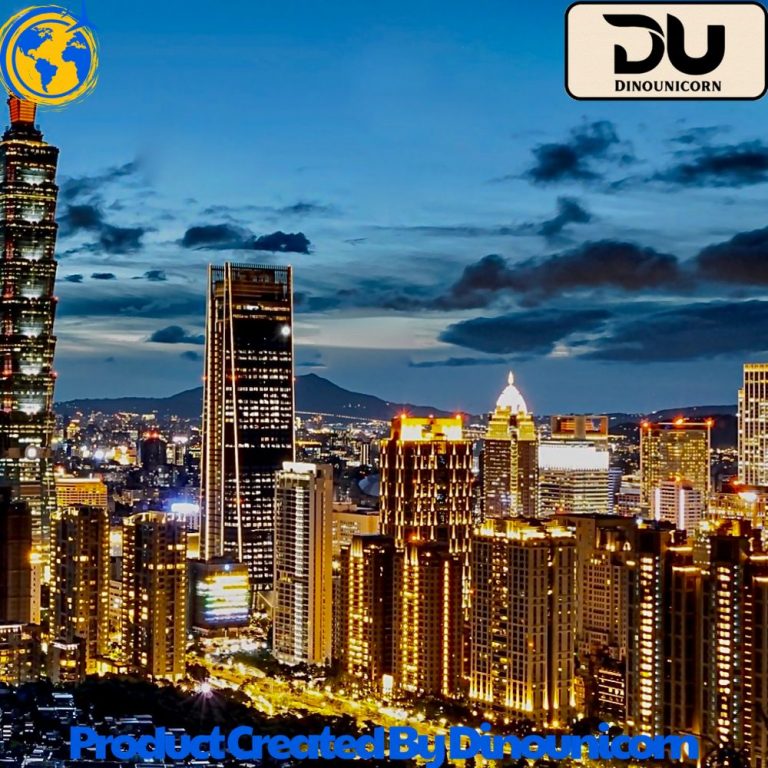
Dialects and Regional Languages in Taiwan
Taiwanese Hokkien: The Most Commonly Spoken Dialect
One of the most commonly spoken dialects in Taiwan is Taiwanese Hokkien (also known simply as “Taiwanese”). This language is part of the larger Chinese language family and is spoken by a significant portion of Taiwan’s population. Historically, Taiwanese Hokkien has been passed down through generations and is an essential part of Taiwanese cultural identity.
The vocabulary and pronunciation of Taiwanese Hokkien differ significantly from Mandarin, and it is often the language of choice in informal settings, especially in Southern Taiwan. While Mandarin is the official language used in schools and government, Taiwanese Hokkien remains popular in homes, local businesses, and daily conversations.
Indigenous Formosan Languages: Taiwan’s Native Tongues
Taiwan is also home to a rich array of indigenous Formosan languages. These languages are spoken by the island’s indigenous peoples, who are the earliest inhabitants of Taiwan. There are approximately 16 recognized Formosan languages, many of which are endangered today due to the widespread adoption of Mandarin.
Indigenous languages, such as Atayal, Amis, Paiwan, and Rukai, represent an essential part of Taiwan’s cultural heritage. Taiwan’s government and local communities are working to preserve and revitalize these languages through education and cultural programs. The challenge remains, however, as many younger generations are more likely to speak Mandarin or Taiwanese Hokkien rather than their ancestral languages.
Other Minority Languages Spoken in Taiwan
Besides Mandarin, Taiwanese Hokkien, and Formosan languages, Taiwan has also experienced significant foreign influence, including from the Japanese during Taiwan’s period of Japanese rule (1895-1945). As a result, many older Taiwanese citizens still speak Japanese to some degree, although the younger generation generally does not.
Additionally, there are a small number of other minority languages in Taiwan, including languages spoken by foreign workers and expatriates, although these are less commonly used in everyday life.
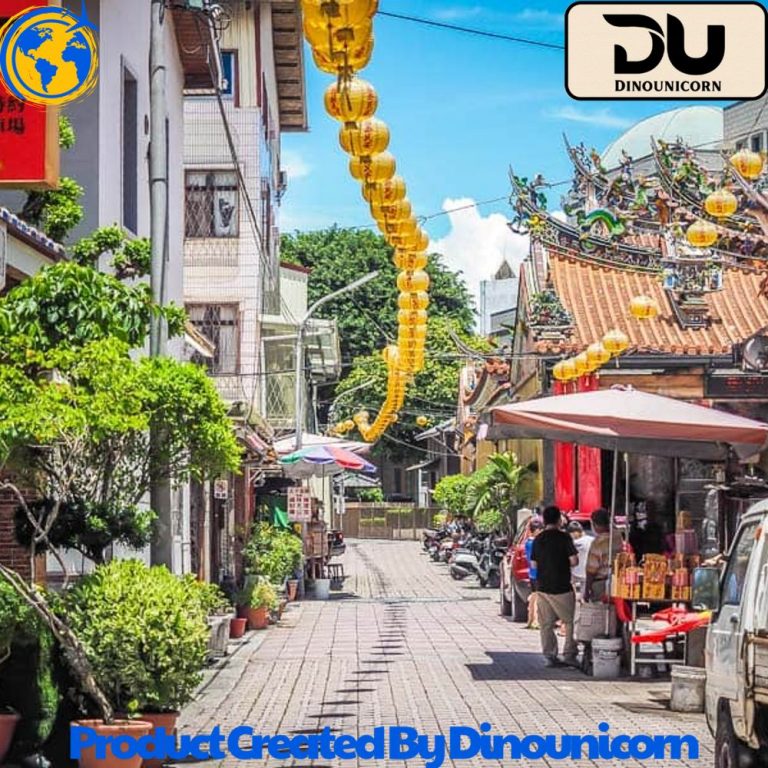
Language Policy and Multilingualism in Taiwan
Taiwan’s Language Policy and Bilingual Programs
Taiwan’s government has increasingly recognized the importance of bilingualism. Aiming to make Taiwan a bilingual nation by 2030, the government has rolled out initiatives to promote Mandarin and English proficiency. As English becomes more essential in global business and communication, Taiwan is investing in English-language education at all levels. Mandarin remains the primary language of communication, but proficiency in English is seen as an asset in Taiwan’s competitive job market.
Taiwan’s language policies also promote the use of traditional Chinese characters in writing, distinguishing it from mainland China’s adoption of simplified characters.
Multilingualism and Linguistic Identity in Taiwan
Taiwan’s multilingualism is a key aspect of its linguistic identity. The island’s inhabitants take pride in their diverse linguistic heritage, with Mandarin, Taiwanese Hokkien, Formosan languages, and other dialects contributing to Taiwan’s unique cultural fabric. The island’s ability to embrace multiple languages—while maintaining Mandarin as the common language—has fostered a multilingual society where people switch between languages depending on context, region, and social group.
Comparison of Mandarin Chinese and Taiwanese Dialects
Mandarin vs Taiwanese: Differences and Similarities
While Mandarin is the official language of Taiwan, Taiwanese Hokkien is widely spoken in daily life, particularly in the southern and central regions. The differences between these two languages go beyond mere pronunciation.
Mandarin Chinese is based on a tonal language system, and its writing system uses traditional Chinese characters. Taiwanese Mandarin is used in schools and government institutions, and it shares most of the grammatical structure with Mandarin spoken in mainland China. However, it is also influenced by Taiwanese Hokkien, especially in terms of vocabulary and pronunciation.
On the other hand, Taiwanese Hokkien uses a separate system of phonetics and has its own set of unique words and expressions. Despite Mandarin’s dominance in Taiwan, Taiwanese Hokkien continues to be the preferred language of many Taiwanese people, particularly in informal settings.
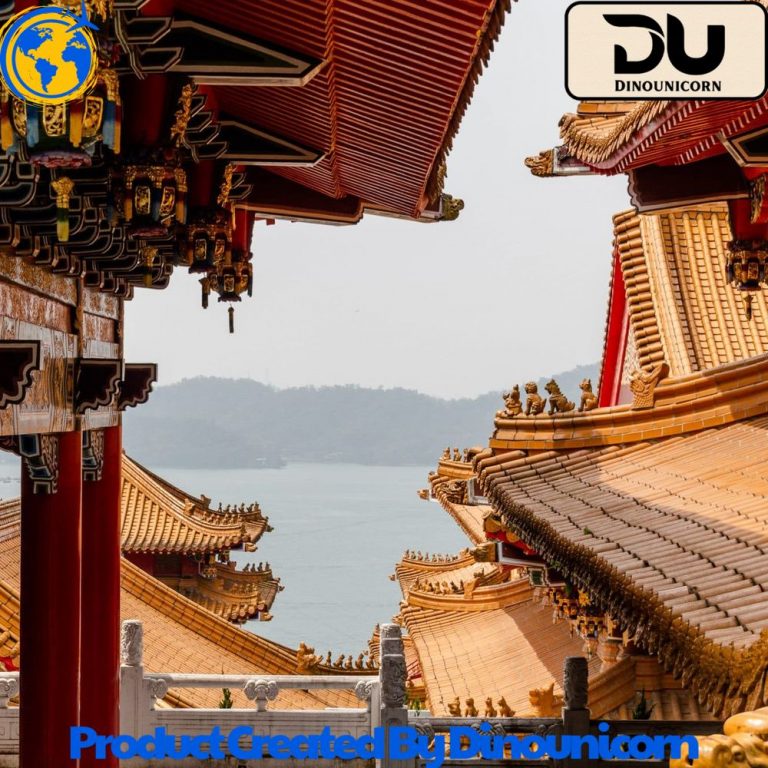
Language and Culture in Taiwan
How Language Reflects Taiwan’s Rich Cultural Heritage
The language of Taiwan is a direct reflection of the island’s rich cultural history. Taiwanese Hokkien, Formosan languages, and Mandarin Chinese all carry with them deep cultural meanings, revealing the island’s history of migration, colonization, and indigenous traditions. Each language is tied to a different aspect of Taiwan’s society—whether it’s the Mandarin of its government and education system, the Hokkien of local traditions, or the Formosan languages representing the island’s native people.
The Future of Language Use in Taiwan
As Taiwan progresses toward greater globalization and cultural exchange, the future of language use in Taiwan will likely be shaped by a desire to balance its traditional languages with the need for proficiency in global languages like English. Mandarin will remain dominant, but there is a growing movement to preserve Taiwanese Hokkien and Formosan languages, ensuring that Taiwan’s multilingual heritage continues to thrive.
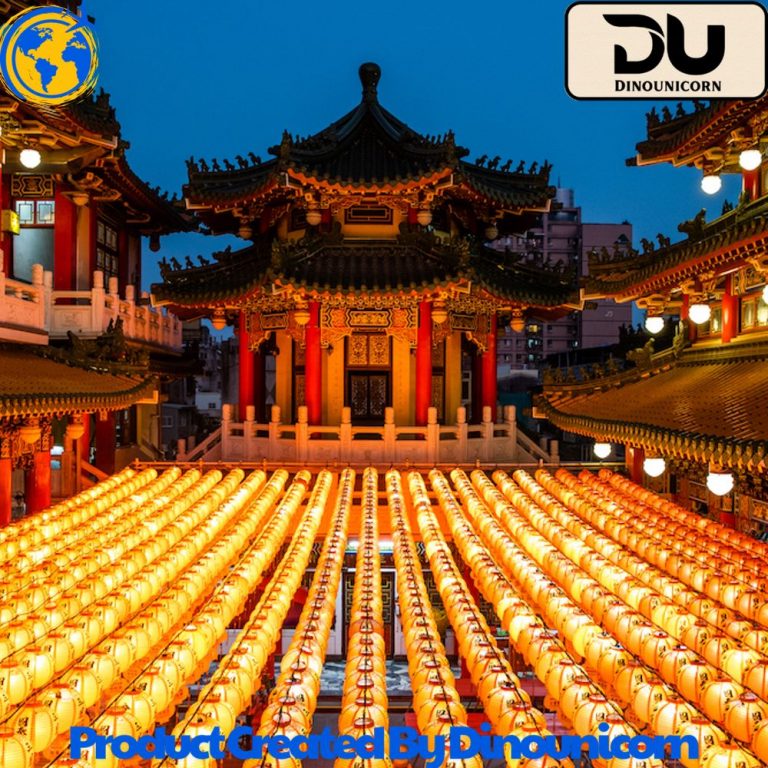
Frequently Asked Questions (FAQ)
- What language is spoken in Taiwan?
- The official language of Taiwan is Mandarin Chinese, known locally as Taiwanese Mandarin. However, Taiwanese Hokkien and various Formosan languages are also spoken by many residents.
- Is Taiwanese Hokkien the same as Mandarin?
- No, Taiwanese Hokkien is a completely different language from Mandarin. While both are part of the Chinese language family, they have different vocabulary, pronunciation, and grammar.
- Are there any indigenous languages in Taiwan?
- Yes, Taiwan is home to Formosan languages, which are spoken by the island’s indigenous peoples. These languages are distinct from Mandarin and Taiwanese Hokkien and are a vital part of Taiwan’s cultural heritage.
- Does Taiwan use simplified or traditional Chinese characters?
- Taiwan uses traditional Chinese characters, which are more complex and have a longer history than the simplified characters used in mainland China.
- Will English become more widely spoken in Taiwan?
- Taiwan’s government is working towards becoming a bilingual nation by 2030, promoting proficiency in both Mandarin and English.
- What are some of the differences between Mandarin spoken in Taiwan and mainland China?
- The primary differences between Taiwanese Mandarin and Mainland Mandarin are in pronunciation, vocabulary, and the use of traditional vs. simplified Chinese characters.
- What is the official language policy in Taiwan?
- Taiwan’s official language is Mandarin Chinese, but the government encourages the use of Taiwanese Hokkien and Formosan languages, and promotes English proficiency for globalization.
This article provides an in-depth understanding of what language do they speak in Taiwan, covering the primary languages, their significance, and Taiwan’s ongoing efforts to preserve its linguistic diversity.
 Skip to content
Skip to content

